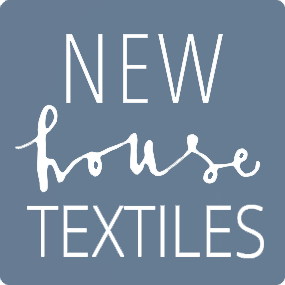Latest News
ECO fabrics - giving recycled yarns a brand new life
You don’t need to visit your local Municipal recycling plant, like I did a few years ago, to know how much we throw away.
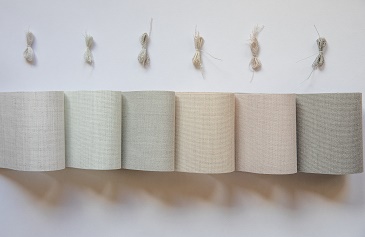
The tour had been organised by our local Chamber of Commerce, who were trying to open the eyes of business to the staggering quantity of rubbish that is generated. With another refuse truck arriving each minute, the plant was very impressive as every high-tech trick in the book was used to sort the jumble into tidy, cleanly separated materials. The Chamber had also laid on experts to help nudge our entrepreneurial brains into thinking of ways we might help. Perhaps a visit to the Municipal plant is not anyone’s idea of a good day out, but it was certainly interesting and inspirational.
Sadly, textiles is still one of the world’s most polluting industries. From excessive pesticide use to fast fashion made cheap, shipped round the planet, worn a few times and then discarded, the industries story is not always a good one.
However, many used garments do get recycled, and this waste stream can be a good source of raw material. Recycling processes can degrade yarns in terms of strength and utility, but for many applications this is not a problem. For example, we in the blind industry reinforce our textiles with a stiffening coating anyway, so switching from virgin to recycled yarns can be less problematic than with other end uses.
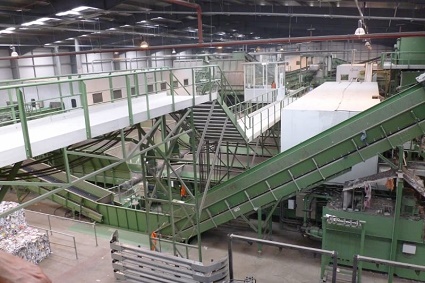
New House may only be a small company, but we have always been proactive in attempting to minimise our impact on the environment. Our first step has always been to try and avoid the common pitfall of offering a clean product but manufacturing it with an unclean process. For almost 40 years New House has had a forward-looking collaboration with textile manufacturers in Sweden, where thinking about sustainability is ingrained. This currently means that many of the steps in our fabric production are now CO² neutral.
Secondly, we understand the need to create desirable new products using recycled or reclaimed raw materials, thus helping to build a vibrant market. Our contribution here is Neo and ReEco fabrics, which feature strongly in our 2022 collection.
Neo comes from recycled polyester and PET (the polymer recovered from old water or Coke bottles) and woven into a linen-feel fabric. Neo makes an excellent screen fabric with an openness factor of 16%, is available in a palette of 4 bestselling colours and has an Ökotex certificate too.
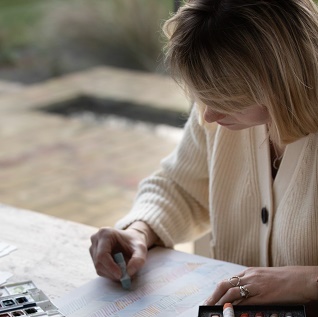
ReEco is a gorgeous soft-feel subtle plain, with a small slub to add interest. It is woven with 95% recycled polyester and comes in five smart pastel colours.
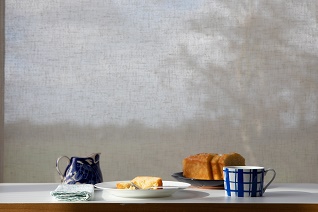
No one would ever know that either of these great fabrics are made from reclaimed sources. Perhaps when it comes to roller fabrics, it is good that the raw material has lived once, but even better when it lives twice!
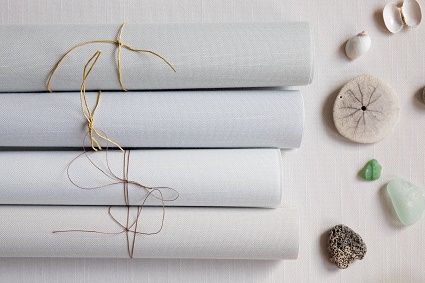
© 2026 New House Textiles TRADE
